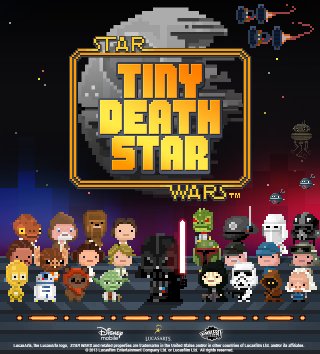One of the theoretical benefits of games developed for the digital space is that they're not subject to a literal shelf life - with packaging and distribution costs right around zero, they can be readily available for as long as the publisher sees fit.
Does Telltale see otherwise in the direction of its earliest releases? It has been noticed that while they remain available on Steam, Telltale Texas Hold'em and the Bone games have been recently removed from Telltale's online catalog. This feels significant to me.
Telltale Texas Hold'em was built in 2004-2005 primarily to test the brand-spanking new Telltale Tool, particularly the character performance aspect that would of course be crucial to their story games. Sufficiently amused by the results, the tiny company decide it to sell it as their highly unexpected first product partially as a lark. While the game's premise feels like a promise that would only be truly delivered on with the Poker Night at the Inventory games, it remains an important part of the now widely known studio's history and if nothing else is a necessary antecedent for at least one Sam & Max in-joke.
The two Bone games, of course, are Telltale's promising first offerings of the sort of games they are actually known for, and it's kind of amazing to look back on how accurately they foretold the vision and philosophies that the company continues to follow to this day - play them again if you don't believe me. It still kind of pisses me off that it remains Telltale's only unfinished series, as it predated their seasonal approach, and it's surely too late to revive it, but they are good games, and The Great Cow Race arguably competes with Tales from Monkey Island as the closest to an old-school graphic adventure design the company, which has never fed the misconception that they were specifically out to make classic adventure games, ever treaded. And it will be impossible for me not to compare the soundtrack of the eventual movies to Jared Emerson-Johnson's brilliant take on Jeff Smith's world. (I suppose the once freely available tracks would have gone down with the product page.)
So what gives? Is this a temporary absence? Were there rights issues involved (only plausible with Bone)? Because otherwise, the only way to interpret this is as some kind of statement, and sort of a sad one.



